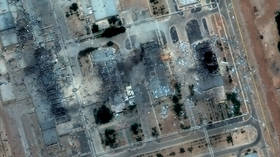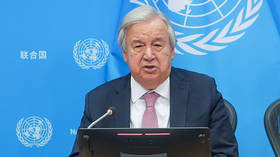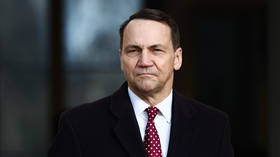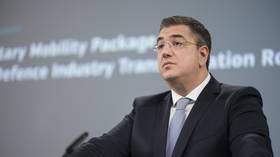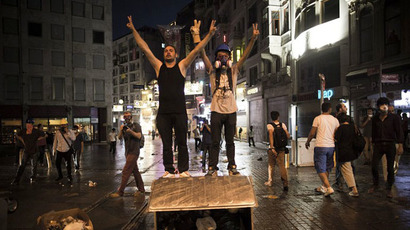Turkey’s Erdogan declares he would ‘destroy mosque’ to make way for roads
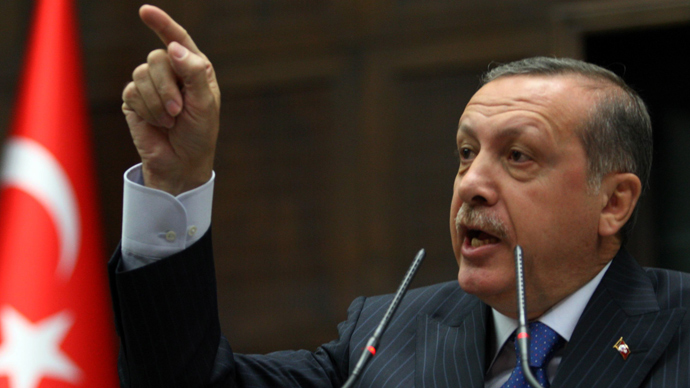
Turkish Prime Minister Tayyip Erdogan has said he would even demolish a mosque for the sake of a construction project, and has dismissed environmental protests against his ambitious building plans as “banditry.”
In a heated speech, addressing complaints over the environmental
ramifications of a project to construct a third Bosphorus bridge,
Erdogan said, “Everything can be sacrificed for
roads.”
“Even if there is a mosque in front of a road, we would
demolish that mosque and rebuild it somewhere else,” he said.
In his speech, Erdogan also referred to plans to construct a road
through the campus of Ankara’s Middle East
Technical University. Environmental activists have organized a
number of protests against the project, claiming that hundreds of
trees would have to be felled for the road to go ahead.
Erdogan called the opposition “uncivilized bandits” and
accused them of not sharing society’s values.
“We won’t stop because somebody says so. Bandits used to block
roads in the past, now modern bandits are blocking the
roads,” he said.
Erdogan’s uncompromising attitude on various construction
projects has caused uproar among his critics. Anti-government
protesters have criticized Erdogan for what they describe as
increasingly authoritarian measures following the brutal
crackdowns on protesters in Gezi Park in Istanbul this summer.

After Erdogan announced plans to redevelop the park, a peaceful
sit-in snowballed into mass protests. The subsequent clashes with
police drew international attention and widespread condemnation.
The European Commission was highly critical of Erdogan’s handling
of the demonstrations in its annual assessment of Turkey’s
long-term bid to become a member of the EU.
“The excessive use of force by police and the overall absence
of dialogue during the protests in May-June have raised serious
concerns,” the European Commission said. The report added
that the civil unrest “underlines the urgent need for further
reforms and the promotion of dialogue across the political
spectrum.”
The Turkish government has yet to comment on the findings of the
report, although Erdogan has previously chastised the Commission
for attempting to meddle in internal Turkish affairs.
Foreign policy expert Barbara Slavin told RT that Erdogan’s
heavy-handed attitude to protests had irreversibly sullied his
political image.
“This a huge blow to him personally – to his image – and
also to the Turkish model which he has been touting around the
Middle East as something that Arab countries should
emulate,” Slavin said. She went on to say that his
mission to create “some sort of imperial presidency” was equally
unacceptable to Turkish people who are religious as well as those
who are secular.




